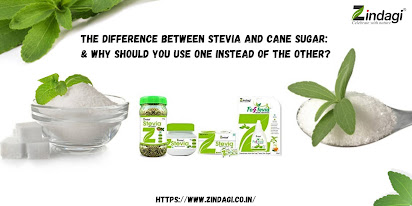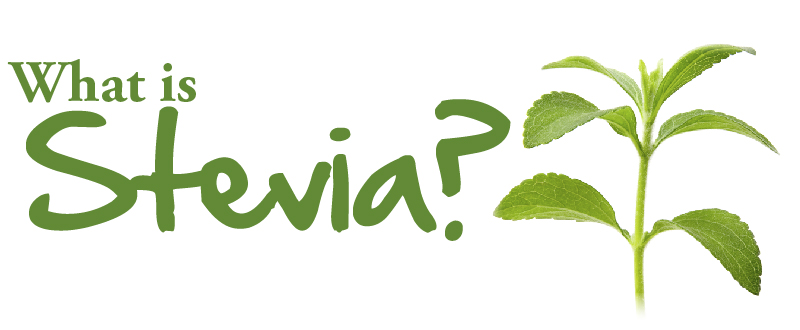The difference between stevia and cane sugar: and why should you use one instead of the other?
Stevia and cane sugar is used in sweetened products. Many desserts and drinks are made with cane sugar. Over the years, stevia has become one of the most popular sugar substitutes. This zero-calorie sweetener has amazing sweetness and does not cause any harm. All of this makes it so popular because clean labels are becoming more and more important to consumers.
Stevia and cane sugar is used to make candies, processed foods, baked goods, and soft drinks. They are products from nature. So, what exactly is the distinction between the two?
First, let us understand what stevia and cane sugar are?
What is stevia?
Stevia is natural. It comes from the leaves of stevia. This is a plant found in South America and various tropical regions.
This is not a new sweetener. Stevia has been used for hundreds of years. But recently, it has been approved as the safest food additive since 2008. Did you know that the sweetener from the stevia factory is 200-300 times sweeter than ordinary sugar? This is why people with diabetes or planning to lose weight prefer this calorie-free sweetener.
What is Cane sugar?
White granulated sugar is extracted from sugar cane or sugar beet. Cane sugar is made from sugar cane. Pure cane sugar is composed of sucrose, fructose, and glucose. When you consume cane sugar, you will taste the sweetness that contains all the nutrients.
Stevia vs. sucrose: recipe differences
Let's start with stevia. Each product has a different sweetness. The same is true of stevia. The formulation of stevia involves many experiments.
The flavor is amazing, and the stevia is surprising when combined with more intense ingredients. These include coffee, chocolate, or lemon. The great thing about stevia is that for every 1 teaspoon of sugar, you only need 1/16 teaspoon of stevia. Isn't it amazing?
On the other hand, cane sugar contains 9498.5% sucrose and 1.56% non-sucrose.
Stevia and Cane Sugar: nutritional value
Nutritionally speaking, cane sugar and stevia are very different.
As mentioned above, stevia is a no-calorie sweetener. Your blood sugar load is also zero. The fact is that every two teaspoons of stevia contain one gram of carbohydrates. This is why stevia is called a non-nutritive sweetener.
Now let's explore cane sugar. Two teaspoons of cane sugar contain 32 calories and 8.4 grams of carbohydrates.
Because it is directly extracted from sugar cane and contains 17 amino acids, 11 minerals, 6 vitamins, and antioxidants. Compared with ordinary sugar, it has a darker color (similar to sugarcane juice).
Ultimate Winner
Sugar has a poor reputation in the healthcare industry. This is obvious because it has many adverse effects on health. But if you know what to take, it will not harm your health.
There is no question that sucrose has a dominant position in the sweetener industry. Whether it's dessert or yogurt, most products and beverages contain sucrose. But sweetness is not good for many people.
As consumers pay more and more attention to their health problems, they are beginning to tend to consume stevia. This sugar substitute is on the rise. The icing on the cake is that stevia is the easiest way to enjoy your favorite sweets to the full without worrying about your calorie intake. In addition, because of its nutritional value, brands such as Coca-Cola have begun to consider using it.
Isn't it sweet?
Therefore, adopt an active and healthy lifestyle that suits your personal goals. And by choosing Zindagi Stevia as a sugar substitute, your health is prioritized.


Comments
Post a Comment